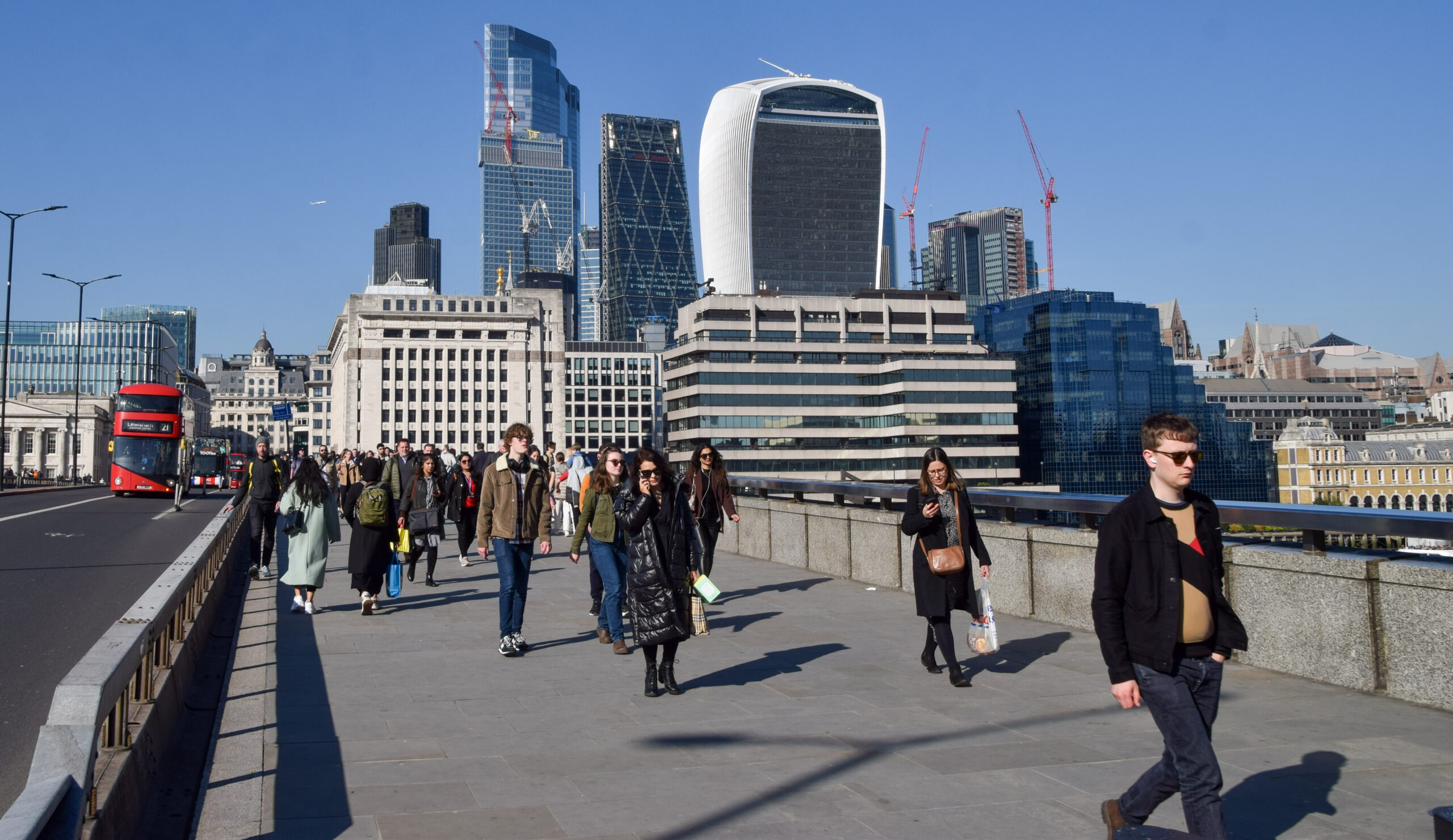“Survive until ‘25”. That has become the mantra among owners and lenders in the commercial real estate sector. Keep the lights on until 2025 and wait for the cavalry of easier money and a resurgent economy to appear on the horizon. Until then, amid low occupancy and cash burn from high interest rates, wait for rates to come down and for people to return to the office and shopping centres.
Commercial real estate, including multi-family residential real estate, has come to occupy a significant place in large investment portfolios, particularly among private equity and pension funds, which like it for the steady income streams resulting from rents. But the sector has run into difficulty of late. Although the closure of office and retail spaces during the pandemic emptied out city cores, there was initially some expectation that the slump would last only for the duration of the lockdowns. Yet the work-from-home practice has proved tenacious — popular among workers, especially more senior ones, but even with some managers, who are looking to make savings on rental costs.
There remains some debate as to whether the new trend will last. Many are the voices saying that the cooling of the job market will weaken the ability of employees to withstand calls to return to the office. Meanwhile, some economists maintain that WFH is bad for productivity, and that sooner or later firms will be able to make everyone return to their desks — bringing secondary benefits to the CRE holders in the retail ecosystem supporting offices, from sandwich shops to pubs.
One might not want to bank on that, though. Stanford University’s Nick Bloom has been studying work-from-home patterns for years and is convinced that the productivity gains outweigh the losses, while vacancy rates appear to have stabilised at higher levels. In London and the US, office vacancy rates remain at 20-year highs, and new activity is drying up. As a result, not only are revenues down, but so too are the valuations of properties.
So far, none of this has amounted to much. Unlike ordinary residential or shop leases, large leases on commercial real estate run for years, with large tenants sometimes holding leases that run up to 10 years. As for valuations, in such an illiquid market owners can keep a property on the books at above-market value in the hope that prices will return to their previous levels before long. That has enabled investors to defer any potential pain for the time being.
Nevertheless, the longer things continue as they are, the more worry will build. That’s because there is a high degree of leverage in the sector. Borrowing to invest in a property that yielded a steady if unspectacular dividend stream made sense in the days when credit was all but free. But the sharp rise in interest rates over the last year has left the market vulnerable. The mini-crisis among US regional banks earlier this year demonstrated just how much this segment of the financial sector, for instance, was exposed to commercial real estate.
So investors may now be feeling some relief, as central banks appear to be signalling that the days of easy money may come back next year. That’s the cavalry they’ve long awaited. But if for any reason central banks aren’t able to deliver rate cuts as quickly as markets currently anticipate, the next couple years could see things darken. Not a crash, perhaps, but a rolling series of mini-crises similar to the Silicon Valley Bank collapse earlier this year, giving regulators and investors quite a few sleepless nights.











Join the discussion
Join like minded readers that support our journalism by becoming a paid subscriber
To join the discussion in the comments, become a paid subscriber.
Join like minded readers that support our journalism, read unlimited articles and enjoy other subscriber-only benefits.
Subscribe